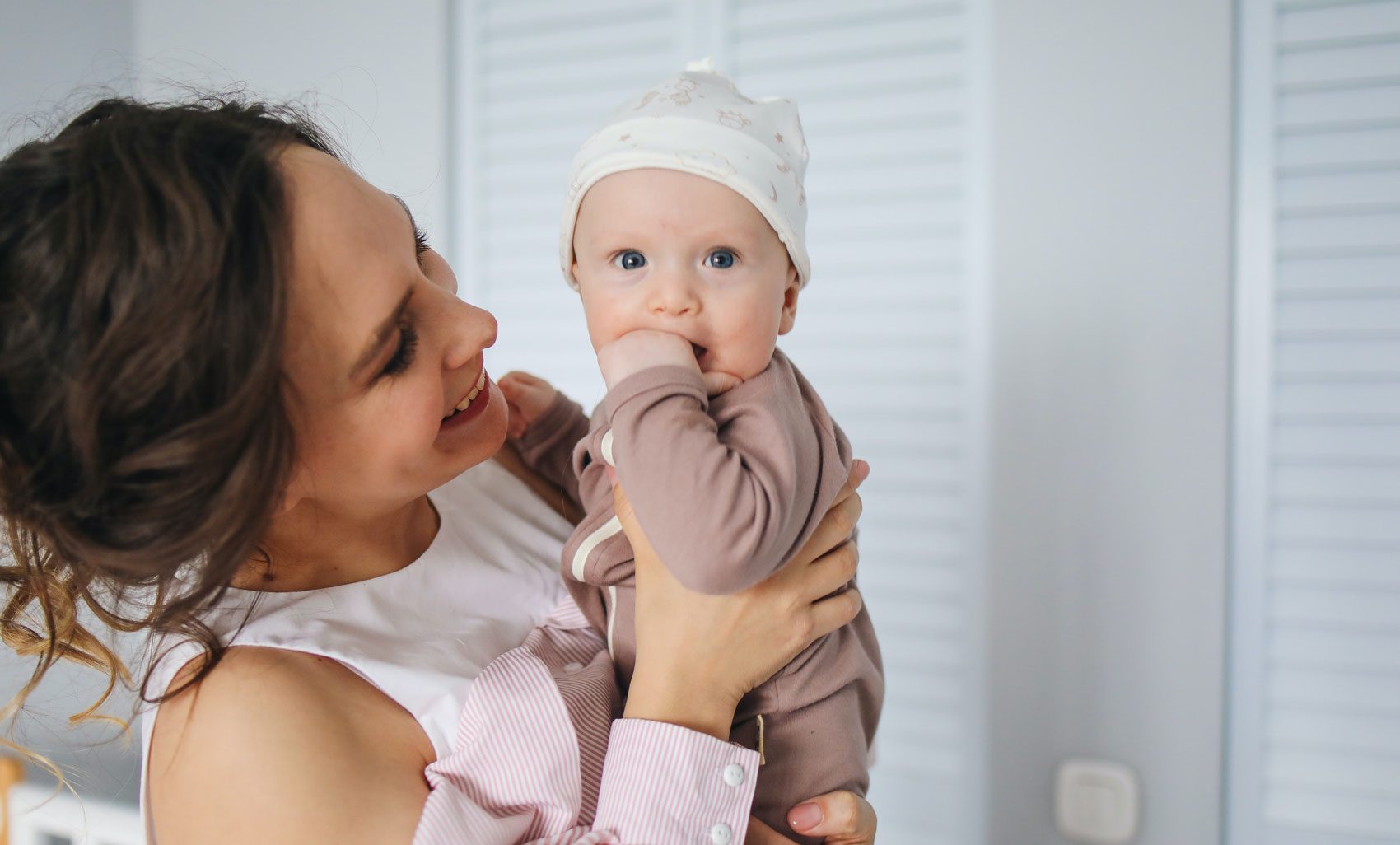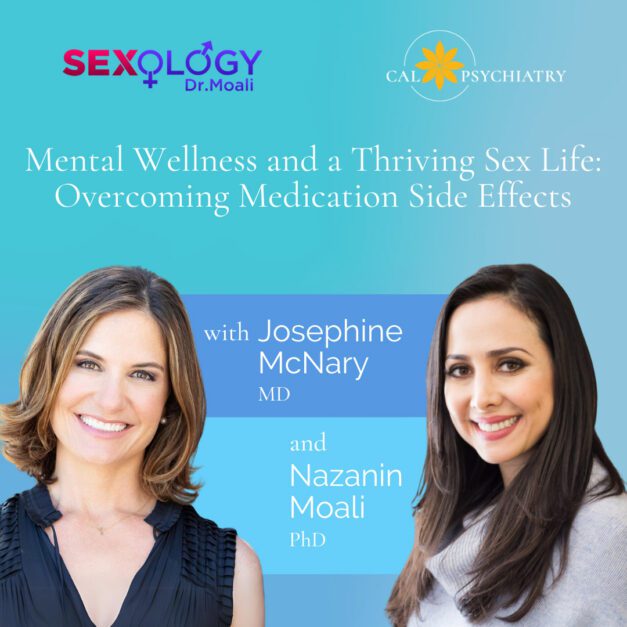Postpartum depression may be a threat to new mothers for a longer period of time than originally thought. A recent study in Pediatrics found that women were at increased risk of the development of depressive symptoms for up to 2 years after delivery. Increased vigilance and regular appointments with screening can help physicians connect women to resources.
We have posted on postpartum depression before and how to notice symptoms in yourself and/or loved ones. We discussed that 1) typically symptoms arise within the first 6 months after delivery, 2) that women who have a history of mood disorders (such as bipolar disorder or depression) are at higher risk for development of postpartum depression and 3) talked about how to recognize some of the symptoms. But this topic is important enough that when new research emerges, we want to share it with our readers.
A new study conducted in 4,900 mothers in New York state found some striking new information: some women are at risk for development of postpartum depression even up to 2 years after giving birth. In this study, women were administered a five question depression screening survey at their child’s 4 month check-up appointment and then again when the child was 1 year old, 2 years old, and 3 years old. The results showed that women followed four distinct trajectories in terms of symptom onset and progression: “1) [t]hree-quarters had few depressive symptoms throughout the three-year period; 2) almost 13% had symptoms when their baby was 4 months old, but improved afterward; 3) 8% initially had few symptoms, but developed more as their child grew older; and 4) 4.5% had persistent depression symptoms.” Researchers in charge of the study pointed out that women only screened positive for symptoms associated with postpartum depression and it is unknown how many of them were formally diagnosed with postpartum depression or what kind of treatment they ended up receiving. Nevertheless, the results are important to note. Women should continue to be vigilant in themselves for the development of depressive symptoms for a few years after birth. Normal fatigue and changes in energy levels may be associated with caring for baby but keep a close eye on if things don’t get better or if you find yourself not getting enjoyment from previous hobbies. Some of the symptoms can be subtle but if left untreated more severe symptoms may emerge, such as starting to feel like life is not worth living or having thoughts of harming yourself. (Should this ever be the case, please call the suicide hotline at 800-273-8255 or go to the nearest ER as soon as possible.)
Regular follow ups with baby’s pediatrician are a great place for these screenings to take place, but as mentioned in our previous post, our physicians at CalPsychiatry are trained to recognize the cardinal symptoms of postpartum depression. Several of our physicians have a particular interest in maternal mental health and a consultation with them can help clarify if your symptoms are in need of treatment or if watchful waiting is indicated. Call or book your free consultation. We offer weekend and flexible hours, as well as virtual appointments.





